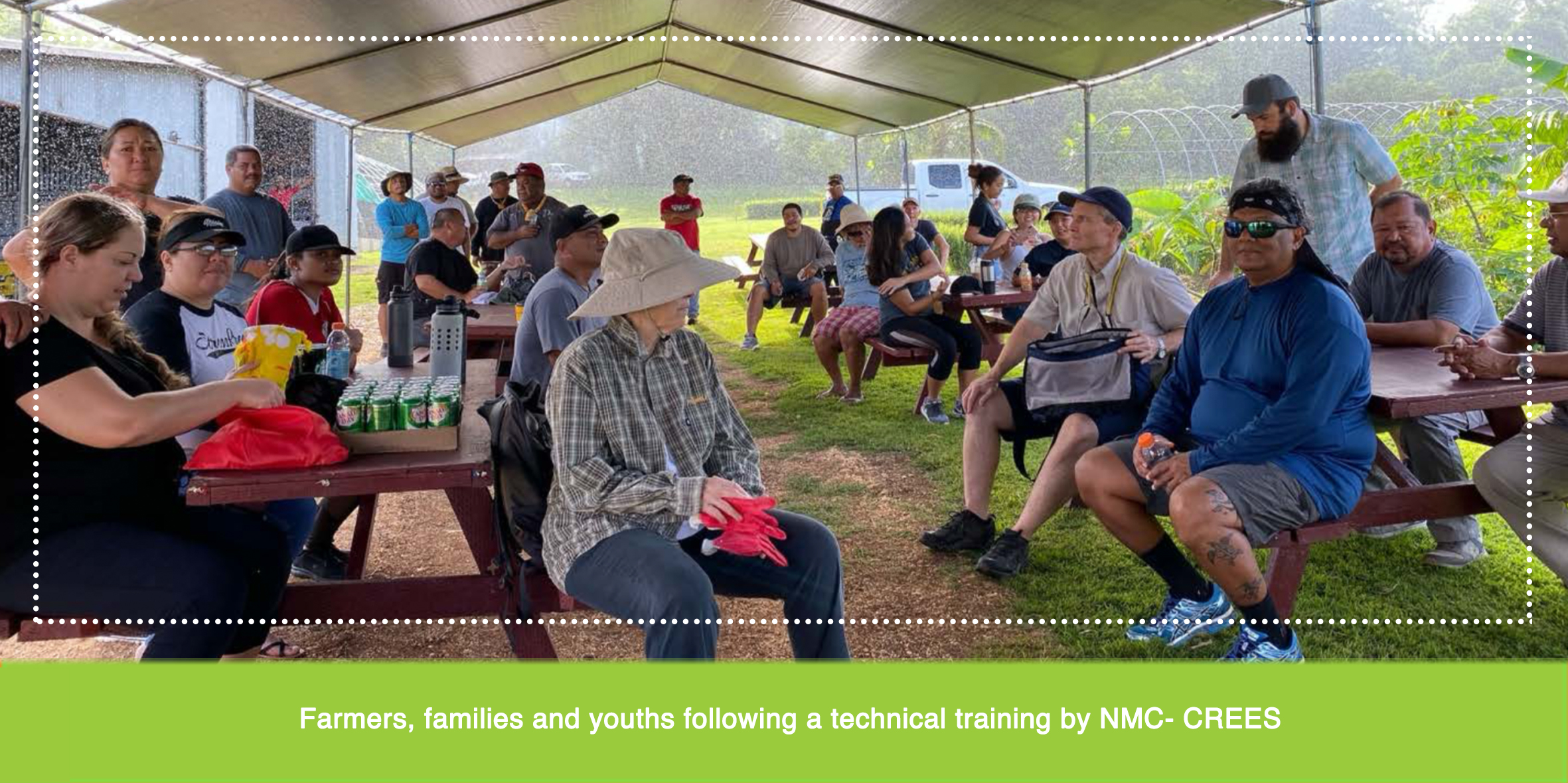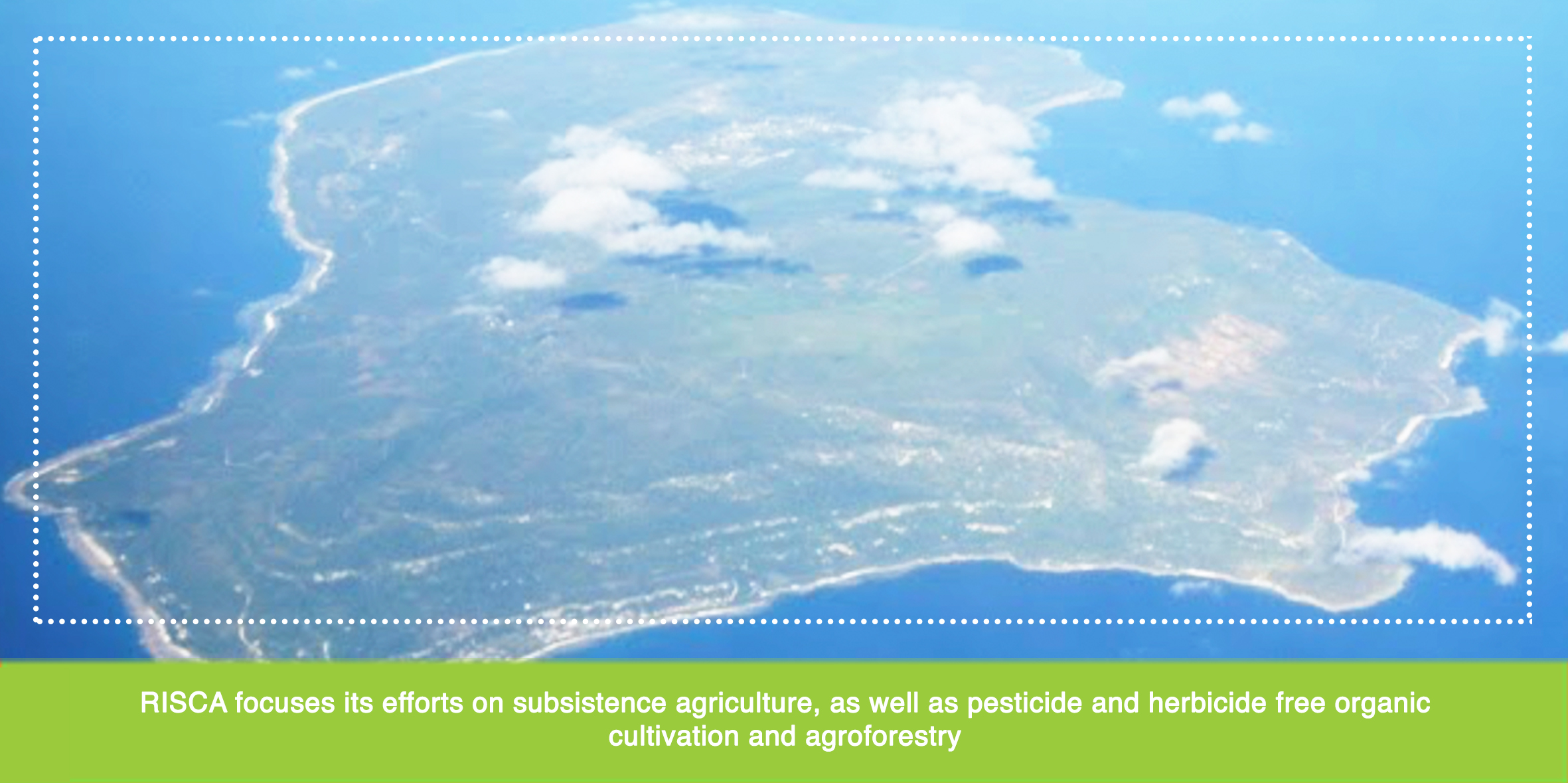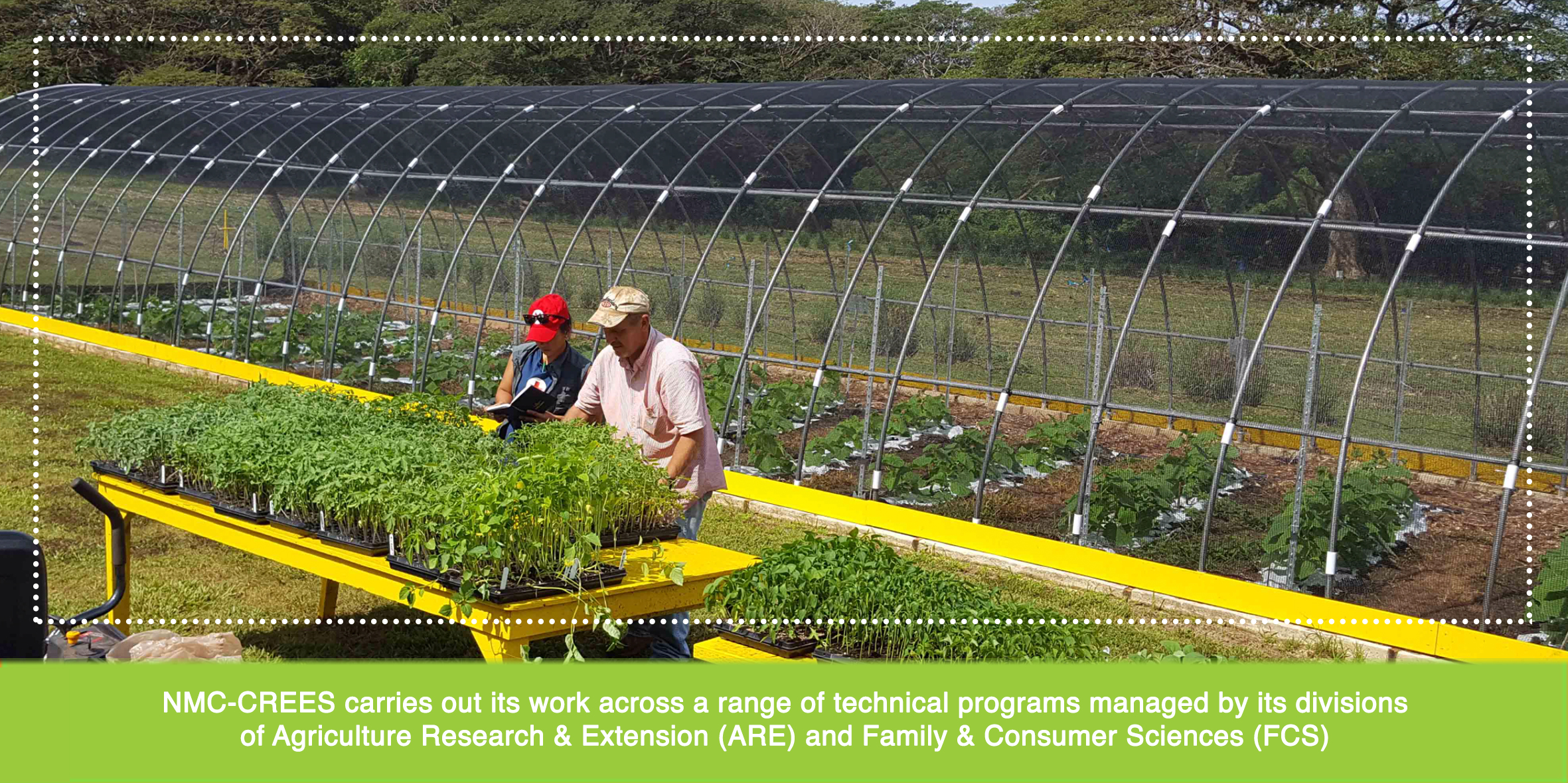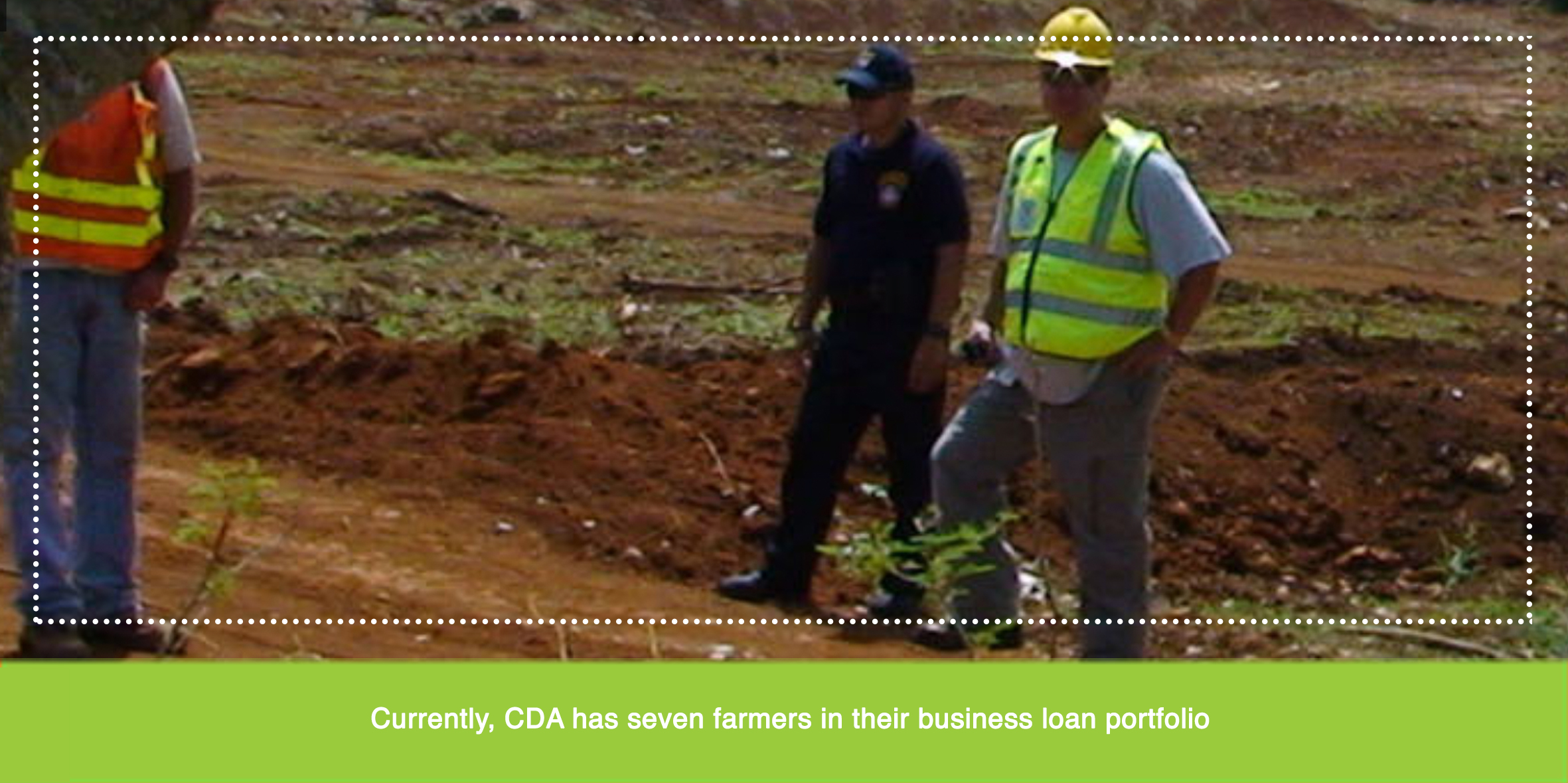b l o g
n o v e m b e r 2 0 2 1

With Dr Craig Elevitch, Permanent Agricultural Resources (PAR)
The agricultural sector currently plays a nominal role in the overall economy of the CNMI, which is reliant on tourism and the supporting service industries. According to the 2018 Agricultural Census, just over 1,500 acres are actively being farmed in the CNMI, compared with pre-World War II when an estimated 40,000 acres were under cultivation.
There is some variability across the Northern Marianas in terms of agricultural activity. Agriculture plays a much larger role in the small economies of Rota and Tinian islands. Rota has historically been the main agricultural producing island of the Northern Marianas. Cattle ranching plays an important role on the island of Tinian, where there are approximately 1,500 head of cattle belonging to over 30 families on Tinian.
There is little agricultural production in Saipan, which entirely geared towards tourism. This makes Saipan the largest domestic market for agricultural products in CNMI. The two main agricultural markets in the CNMI—the Tuesday night and the Sabalu (Saturday) morning farms markets—are both located in Saipan.
“The island’s sole economic foundation is tourism, and has been for many years…However, I believe the current situation (pandemic, no inbound flights, etc.) has awakened the realization that alternate industries need to be developed, and thus folks may be more open to these ideas.”— Business owner, Saipan
Leading farmer organizations
Rota Island Specialty Crop Association
Rota Island Specialty Crop Association (RISCA) is an NGO that serves farmers on the island of Rota.
Established in 2017, RISCA is a membership-based organization that is open to all farmers and currently does not charge dues/fees.
Member farmers are cultivating 2.5 to 10 acres of mixed fruit tree crops, root crops, and few annual crops for subsistence, or a combination with livestock cattle, swine, and/or poultry.

It serves its members by providing tools to improve production efficiency, sharing knowledge on natural-organic cultivation practices and importance of pollinators and beneficial insects, and promoting agroforestry mixed plantings.
Northern Marianas College Cooperative Research, Extension & Education Services (NMC CREES)
The Northern Marianas College Cooperative Research Extension and Education Service’s (NMC- CREES) mission is to provide quality technical programs, services, and information to benefit the people, the environment and the economy of the CNMI.
The CREES department is dedicated to helping improve the economic well-being, living conditions, and overall quality of life of its stakeholders, which include famers, families, youth, individuals, government agencies, and various ethnic communities.
In relation to other Land Grant institutions, NMC-CREES is small in size, with 30 employees distributed amongst the three most populated islands of Saipan, Tinian, and Rota. In order to provide equitable service to stakeholders, NMC-CREES relies on partnerships with government agencies, non-profit organizations, and other entities throughout the region. Extension services and research projects are primarily stakeholder driven as a result of the growing needs and challenges that the CNMI faces.

This approach across the two divisions was designed to encourage a collaboration and communication between scientists and extension faculty.
CNMI Commonwealth Development Authority
CNMI Commonwealth Development Authority (CDA) is a governmental organization that provides business loans to support individuals to create or expand their businesses.
Business loans are available on an on-going basis for farmers in the CNMI that are United States citizens with at least 2 years of residency in the CNMI.

Farmers who are engaged in the conventional type of agriculture have mentioned that labor costs, high cost and lack of equipment, natural disasters (typhoons), and also the current extreme drought conditions in the CNMI are major challenges.
